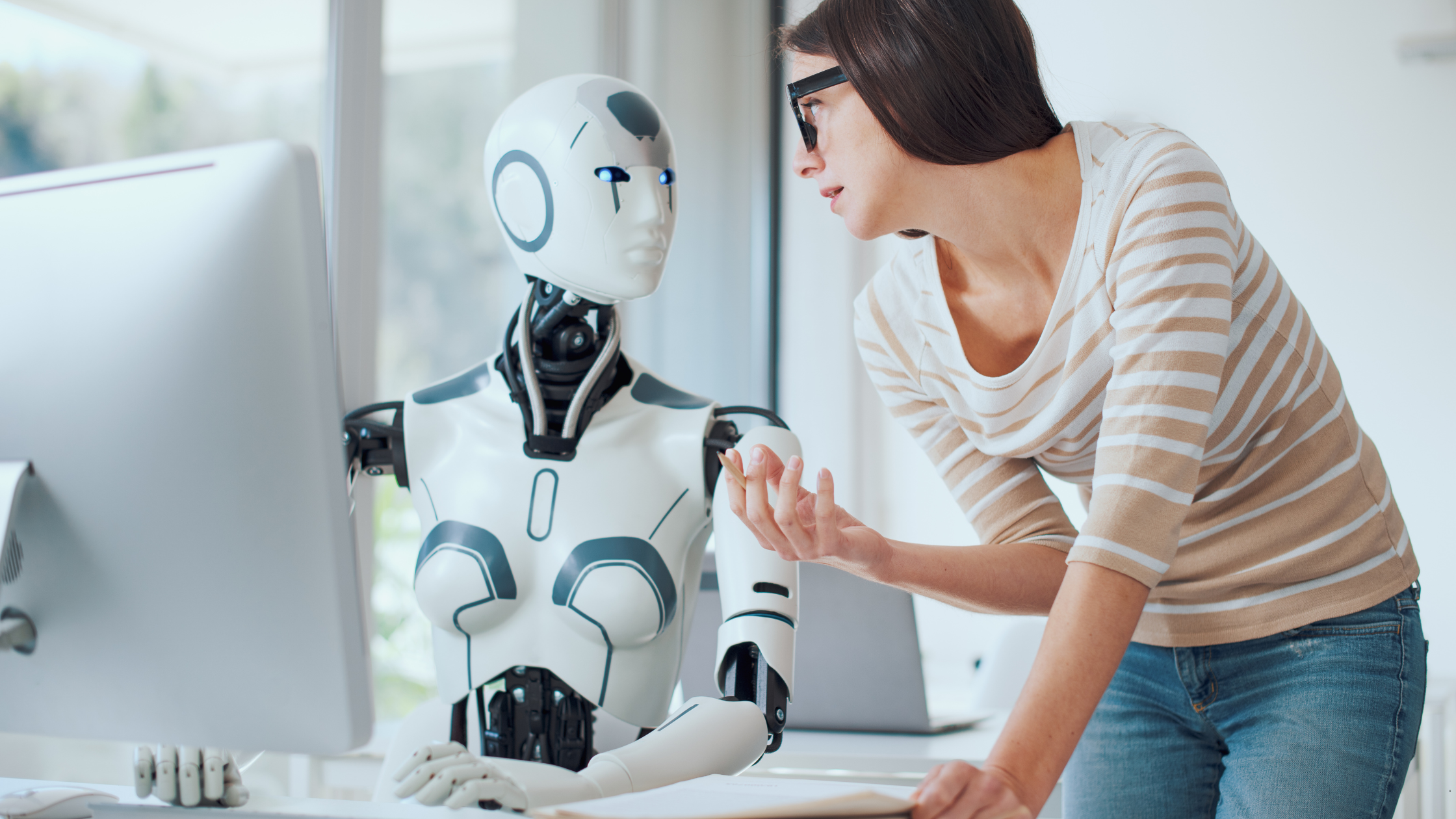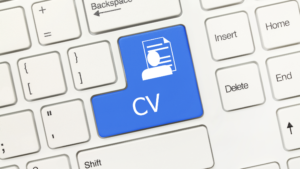AI is changing how people get hired. From AI resume screening tools to chatbots that answer candidate questions, it’s clear that technology is speeding up the job search process. Recruiters can now scan thousands of CVs in minutes, set up interviews automatically, and even use predictive hiring algorithms to find candidates who “look good on paper.”
But no matter how smart these systems get, hiring is still about people. A computer can’t truly understand the tone in your voice when you’re passionate about a role or sense when you might thrive in a company’s culture, even if your resume isn’t perfect. That’s where the human side of hiring comes in, and it’s something no AI can replace.
What AI Excels At
Before we talk about where humans are still needed, it’s important to admit that AI is very good at some parts of hiring. In fact, it has completely changed how fast recruiters work. With tools like automated CV parsing and AI-powered candidate matching, the first stages of recruitment are now quicker and more efficient.
For example, instead of spending hours going through resumes, recruiters can use AI to shortlist the top candidates in seconds. AI scheduling assistants can then arrange interviews without endless back-and-forth emails. These tools change how companies get hundreds of applications per role.
The truth is, AI is best at handling repetitive, time-consuming tasks. It works fast, doesn’t get tired, and makes fewer mistakes in data sorting. That frees up human recruiters to focus on the parts of hiring that require personal judgment, something we’ll look into next.
Where AI Cannot Replace Humans
Even with all its speed and efficiency, AI still struggles with the softer side of hiring. It can’t look someone in the eye, sense nervousness in their tone, or notice the spark in their voice when they talk about something they love. These are moments where human recruiters shine.
For example, AI can’t fully measure emotional intelligence. It also can’t pick up subtle cues that show a candidate might be a great cultural fit. Sometimes, the “best” candidate on paper doesn’t end up being the best person for the job and that’s something humans are far better at spotting.
AI also struggles when it comes to sensitive conversations, like discussing salary expectations or career aspirations. These require empathy, tact, and a personal touch. As Compunnel points out, removing the human factor can make the process feel cold and transactional, something candidates notice immediately.
The Efficiency–Empathy Balance: AI as a Co-Pilot
The best approach isn’t “AI or humans”; it’s both working together. AI can act as a co-pilot for recruiters, handling time-consuming admin work so humans can focus on building relationships with candidates.
AI can shortlist the best resumes and set up interviews, while the recruiter spends their time having genuine conversations and assessing whether the candidate will thrive in the role. This balance creates a better candidate experience and helps avoid bias creeping in unnoticed.
When used correctly, AI doesn’t replace human insight, it enhances it. Recruiters become more effective because they’re not bogged down by tasks AI can handle. As Complete AI Training notes, this mix of efficiency and empathy is what keeps the hiring process both fast and fair.
Why Human Connection Still Matters
At the heart of any job search is trust. Candidates want to know that someone has really listened to them, understood their story, and believes in their potential. AI can’t give that reassurance, but a human can.
Personal connection also improves fairness. While AI can help reduce certain biases, it can also create new ones if the data it’s trained on isn’t balanced. Human oversight is key to spotting and correcting these issues. Without it, hiring could unintentionally become less fair, not more.
Hiring isn’t just about filling a role. It’s about shaping the culture of a workplace. A single bad hire can have a huge impact on team morale. Humans are better at sensing whether someone will add to that culture in a positive way.
Future Perspective
AI is here to stay in hiring, and that’s a good thing. It makes the process faster, smarter, and more efficient. But the future isn’t about replacing people; it’s about AI and humans working side by side.
The companies that will win in the long run are those that understand this balance. They’ll use AI to speed up the process, but they’ll still invest in real human conversations, empathy, and judgment. Because no matter how advanced technology becomes, the human side of hiring will always matter.






